West Bengal Chief Minister Mamata Banerjee has expressed her dissatisfaction with Indian Prime Minister Narendra Modi for excluding her from the recent water-sharing discussions with Bangladesh Prime Minister Sheikh Hasina during their meeting in New Delhi. In a letter to Modi, dated 24 June, she wrote: "I am writing this letter in context of the recent visit of Hon'ble Prime Minister of Bangladesh. It seems that water sharing issues relating to the Ganges and Teesta rivers may have been discussed during the meeting. Such unilateral deliberations and discussions without consultation and the opinion of the state government is neither acceptable nor desirable."
Mamata emphasised the importance of West Bengal's relationship with Bangladesh, stating, "We do share a very close relationship with Bangladesh - geographically, culturally and economically, I love and respect people of Bangladesh and always wish for their well-being. The state of West Bengal has cooperated with Bangladesh on several issues in the past."
She highlighted several successful collaborations, including the exchange of India-Bangladesh enclaves (Chitmahal), the Indo-Bangladesh Railway Line, and Bus Services.
However, she underlined the critical importance of water resources, saying, "Water is very precious and is the lifeline of the people. We cannot compromise on such a sensitive issue which has severe and adverse implication on the people. People of West Bengal will be the worst sufferers due to the impact of such agreements."
The West Bengal chief minister raised concerns about the renewal of the Indo-Bangladesh Farakka Treaty, set to expire in 2026. She noted, "It is a Treaty which delineates the principles of sharing of water between Bangladesh and India and as you are aware it has huge implications for the people of West Bengal for maintaining their livelihood and that the water which is diverted at the Farakka Barrage helps in maintaining the navigability of the Kolkata port."
She pointed out the changes in river morphology in eastern India and Bangladesh, which have negatively impacted water availability in West Bengal.
"There has been eastward migration of the Ganges (and Padma in Bangladesh) over the last 200 years disrupting their link with several rivers in West Bengal. For example, Jalangi and Mathabhanga rivers got disconnected from Padma and the fresh water inflow into the Sundarban has reduced. In fact, the genesis of construction of Farakka Barrage Project is the disconnection of Bhagirathi from the Ganges."
Mamata expressed frustration over the lack of response to her previous communications on these issues, stating, "On these issues, I have written several times to draw your attention."
Regarding the Teesta river, she wrote, "Further, it seems that sharing of Teesta water between India and Bangladesh has also been discussed in the meeting. The health of Teesta river has suffered from construction of series of hydropower projects in Sikkim, deforestation in upper catchment and impact of climate change."
She criticised the Indian government's proposal for bilateral cooperation to restore the Teesta in Bangladesh, noting the lack of concrete steps taken by the Ministry of Jal Shakti to restore the river on the Indian side.
"I am surprised by the fact that no concrete steps have been taken by the Ministry of Jal Shakti to restore the river in its original form and health on the Indian side. Due to reasons stated above water flow in the Teesta has gone down over the years and it is estimated that, if any water is shared with Bangladesh, lakhs of people in North Bengal (West Bengal) will get severely impacted due to inadequate availability of irrigation water," she wrote.
In her concluding remarks, Mamata reiterated her strong reservations, "Finally, it is to convey my strong reservation that no discussion on sharing of Teesta water and the Farakka Treaty should be taken up with Bangladesh without the involvement of the state government. The interest of people in West Bengal is paramount which should not be compromised at any cost."



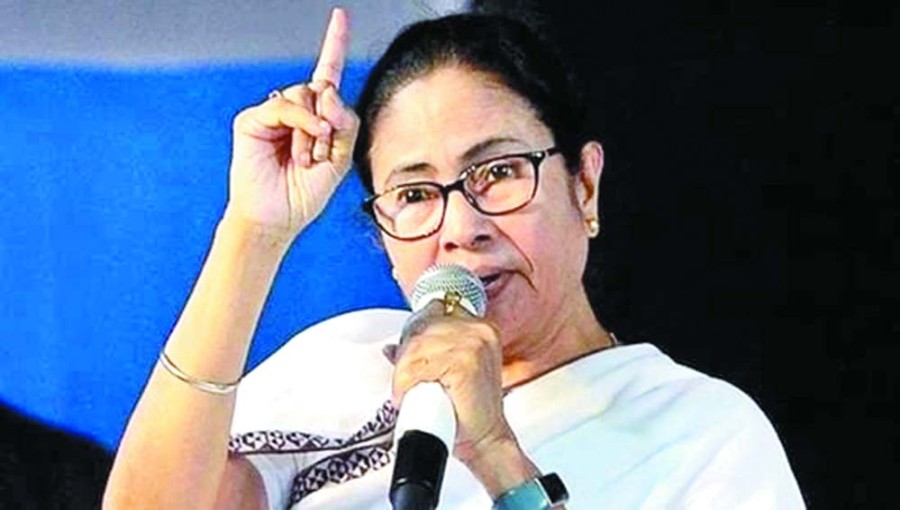
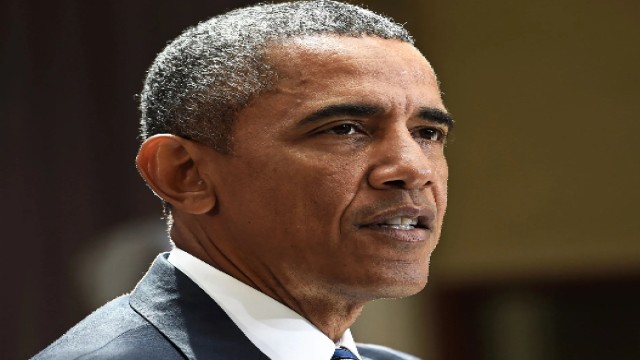
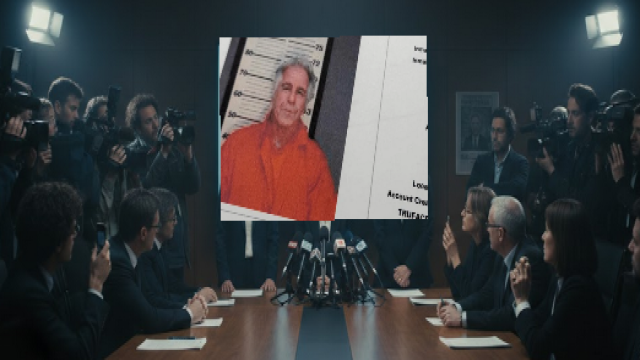
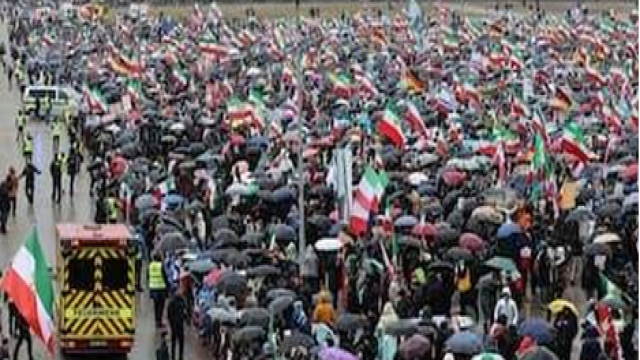

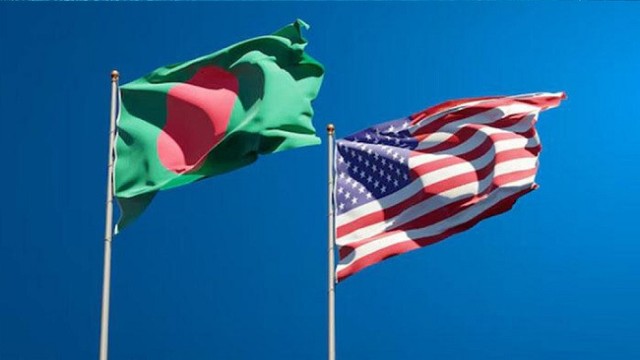
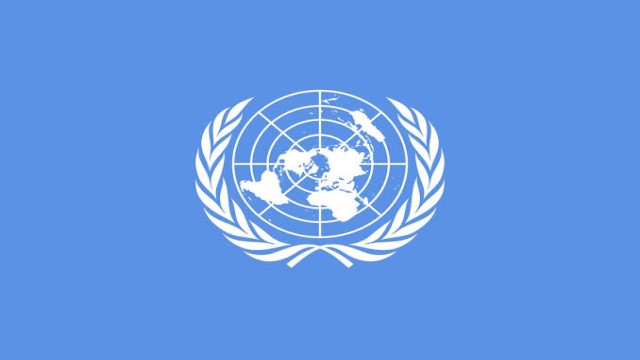
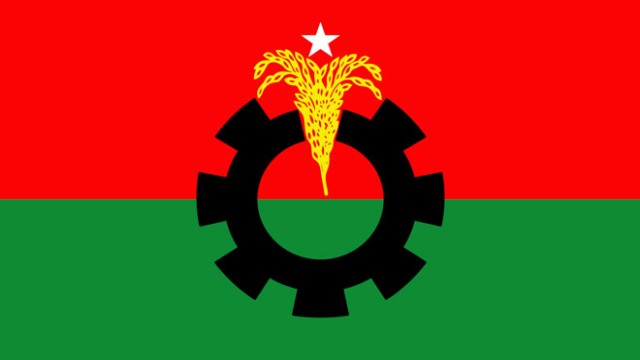
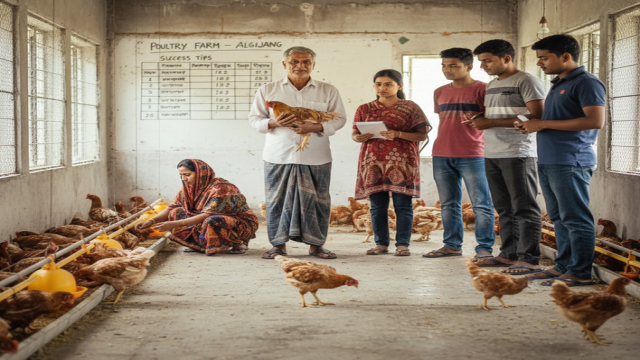



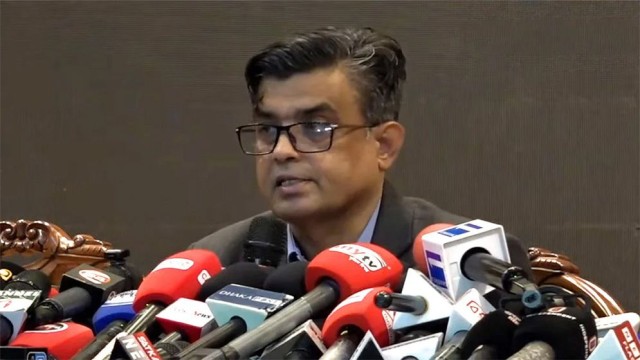
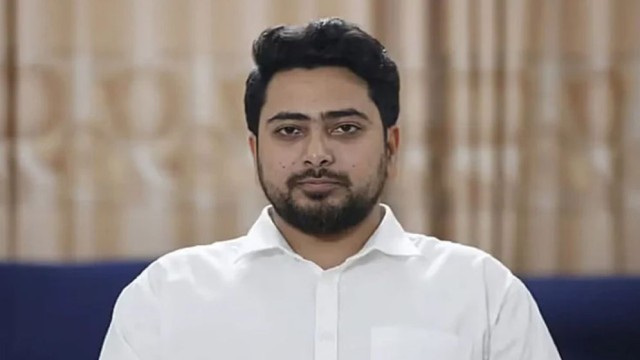
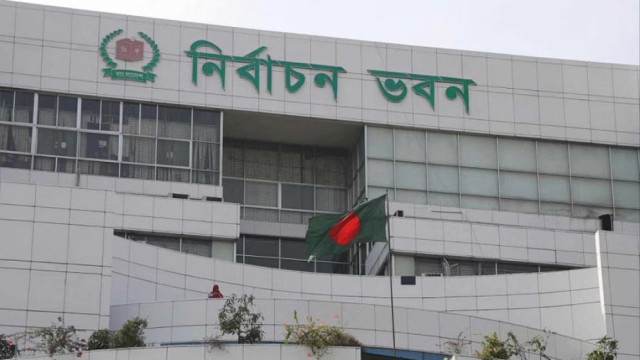
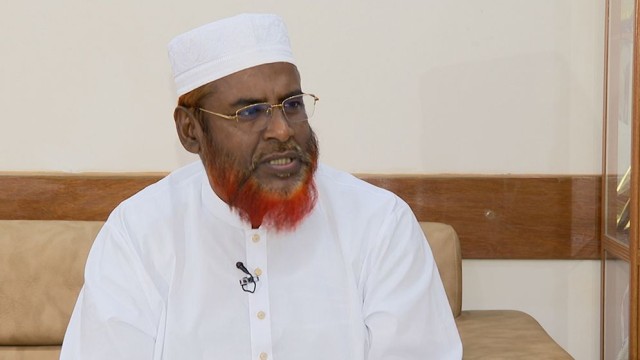
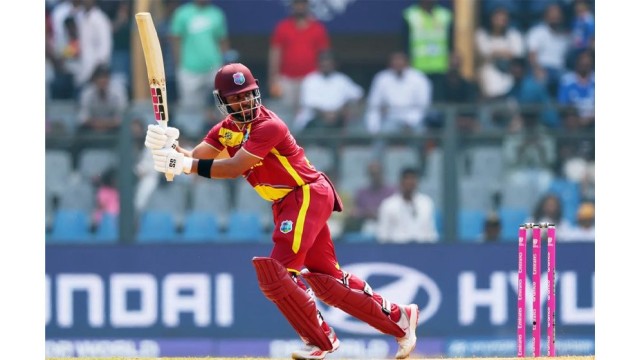









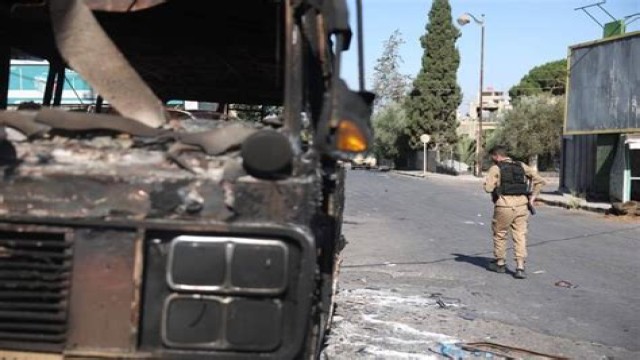
Comment: